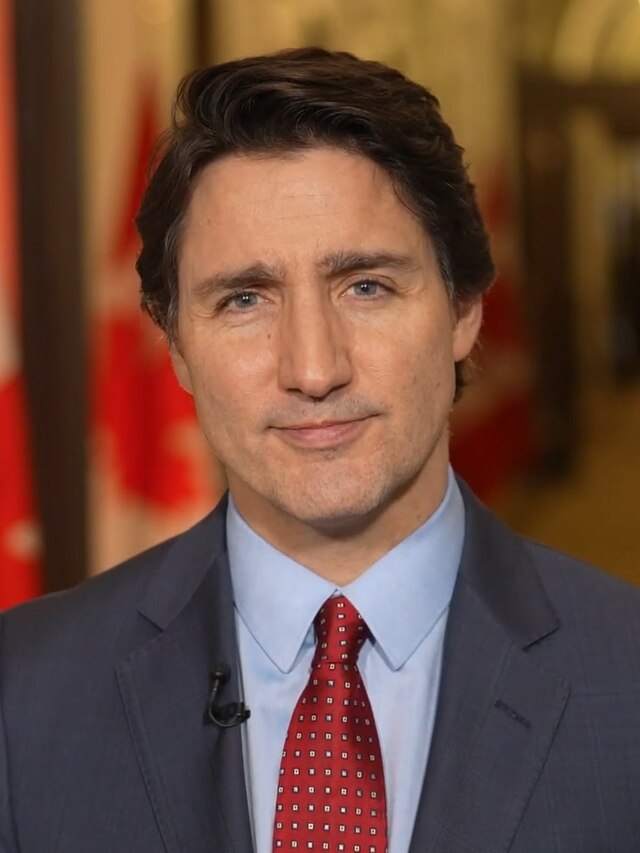In a recent turn of events, King Charles III has found himself in hot water following his comments on the ongoing protests and riots in the UK.
Many believe he should have spoken out sooner, particularly when compared to Prime Minister Keir Starmer, who took a more immediate stance.
The King’s delayed response has left some wondering if he truly understands the gravity of the situation.
Through a spokesperson from Buckingham Palace, King Charles expressed his appreciation for the British police and emergency services working tirelessly to restore order in areas marred by violence.
He also emphasized the importance of mutual respect and understanding as values that can unite the nation.
While it’s commendable that he finally spoke up, critics argue that his words may not align with his actions or beliefs.
The reaction from his supporters has been fierce, revealing a deep-seated anger among those who feel betrayed by the King’s statement.
It seems that many of these loyalists are accustomed to a royal family that turns a blind eye to issues of racism.
For them, King Charles’s condemnation of racist acts feels like a betrayal of their expectations.
One commentator even remarked that every King in history has ultimately let down their people, suggesting that Charles is no exception.
This backlash highlights a troubling irony: those who have historically supported the monarchy now find themselves at odds with a King who dares to denounce racism.
It raises questions about the expectations placed upon the royal family and the broader implications for society.
Some royalists have gone as far as to label King Charles an enemy of his own people for siding with what they perceive as a left-leaning agenda.
Critics have pointed out that the King’s privileged position disconnects him from the realities faced by ordinary citizens.
Commentator Stephen Dickson noted that while many Brits struggle with pressing issues like immigration, Charles’s remarks have frustrated those who feel he is out of touch.
This sentiment resonates with a growing number of people who believe the monarchy should be more attuned to the social climate.
The royal family’s historical ties to racism complicate matters further.
Observers have noted that the monarchy’s failure to embrace diversity, particularly in the case of Meghan Markle, reflects a deeper issue within the institution.
Many argue that if the royal family had welcomed Meghan and her children, it could have changed public perception and perhaps even redeemed the monarchy in the eyes of the people.
As the fallout continues, it’s evident that King Charles’s actions—or lack thereof—regarding family dynamics are under scrutiny.
Reports suggest that he has been avoiding communication with his son, Prince Harry, particularly concerning security arrangements for Harry’s family during visits to the UK.
This estrangement raises eyebrows about the King’s commitment to his own family, especially in light of the threats they face.
Sources close to Harry have expressed frustration, claiming that the King could easily provide the necessary security if he chose to.
Instead, it appears that King Charles is caught in a web of contradictions, publicly professing love for his grandchildren while simultaneously denying them protection.
This inconsistency has left many questioning his true intentions.
Adding to the complexity, Harry’s camp has accused the King’s team of gaslighting the public.
They argue that while the King claims to care for his son and grandchildren, his actions tell a different story.
The situation has become a glaring example of the royal family’s struggles to reconcile their public image with private realities.
As King Charles navigates this turbulent landscape, the question remains: can the monarchy adapt to a changing societal perspective on race and inclusion?
The royal family’s historical reluctance to address issues of racism has led to a significant divide between them and the public, particularly among younger generations.
The recent protests and riots serve as a stark reminder of the challenges facing the UK today.
While King Charles’s statement may have been an attempt to bridge that gap, the backlash from his supporters suggests that the road to reconciliation will be anything but smooth.
The monarchy’s future hinges on its ability to evolve and genuinely engage with the diverse fabric of British society.
Ultimately, the royal family’s legacy hangs in the balance, as both King Charles and the public grapple with the implications of his actions and statements.
Whether he can regain the trust of his supporters while addressing the pressing issues of racism and inequality remains to be seen.
Related Stories

